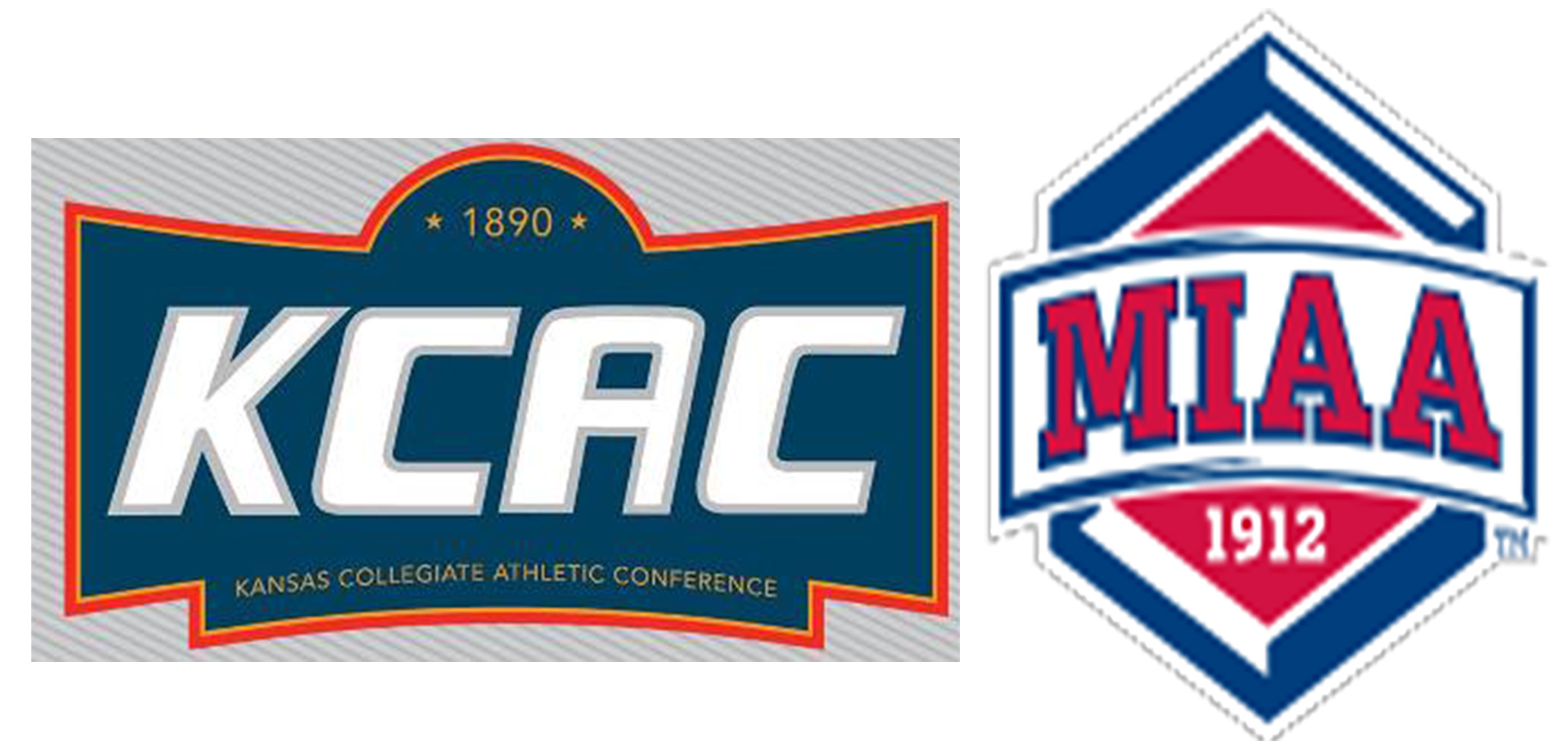Kansas Governor Laura Kelly has signed two pieces of legislation into law, one cutting taxes and the other allowing the use of STAR Bonds to entice the Kansas City Chiefs and / or Kansas City Royals to move from Missouri into Kansas.
The Governor signed signed Senate Bill 1 bipartisan legislation which will provide tax cuts for all Kansans without threatening the state’s long-term fiscal health. The bill reduces property and income taxes, immediately eliminates the state tax on Social Security income, and increases the standard deduction and Child and Dependent Care Tax Credit.
“I am proud to be delivering on my commitment to responsible, meaningful tax relief for all Kansans,” Governor Laura Kelly said. “I appreciate the Legislature’s quick work to pass this tax relief package. Senate Bill 1 provides significant tax relief while preserving our ability to continue fully funding our public schools, roads and bridges, and State Water Plan.”
The governor also signed House Bill 2001, enabling the use of the Sales Tax and Revenue (STAR) Bonds, an economic development tool, to expand Kansas’ portfolio of professional sports teams. STAR Bonds allow the issuance of bonds to finance the development of major commercial, entertainment, and tourism projects. The bonds are paid off through the sales tax revenue generated by the development.
“We know that modernizing our economic development tools provides the opportunity to increase private investment into the state,” Governor Kelly said. “By modifying the STAR Bonds program, one of our strongest economic development mechanisms, lawmakers crafted a viable option for attracting professional sports teams to Kansas.”
A STAR Bond project approved by the Kansas Department of Commerce was one of the funding mechanisms which helped provided revenue forSTAR the renovation of the Salina downtown area. To qualify for STAR Bonds a project must meet very specific criteria including things like generating tourism to the area that include 30 percent of new traffic from outside a 100 mile radius, and 20 percent from outside the state.



